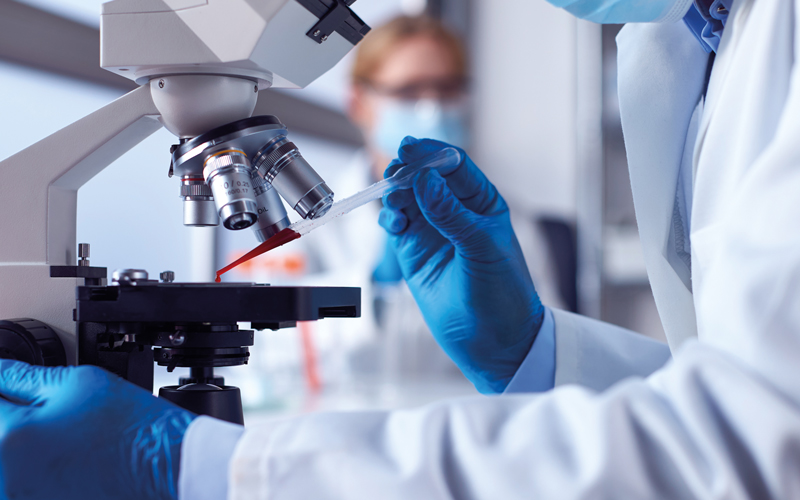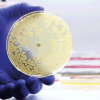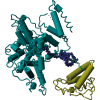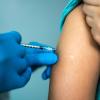The quest to develop universal donor blood has taken a decisive step forward, it is claimed.

Swedish researchers have discovered that when enzymes are mixed with red blood cells they are able to remove specific sugars that make up the A and B antigens in the human ABO blood groups.
“For the first time, the new enzyme cocktails not only remove the well-described A and B antigens, but also extended variants previously not recognised as problematic for transfusion safety,” said Professor Maher Abou Hachem, who is the study leader at DTU Bioengineering.
“We are close to being able to produce universal blood from group B donors, while there is still work
to be done to convert the more complex group A blood. Our focus is now to investigate in detail if there are additional obstacles and how we can improve our enzymes to reach the ultimate goal of universal blood production.”
He stated that the discovery is the result of combining the expertise of DTU researchers in enzymes from the human gut microbiota and Lund University researchers in carbohydrate-based blood groups and transfusion medicine.
The research teams discovered new mixtures of enzymes from the human gut bacterium Akkermansia muciniphila that feeds by breaking down the mucus that covers the surface of the gut.
The researchers in this study tested 24 enzymes, which they used to process hundreds of blood samples.
Image credit | iStock




